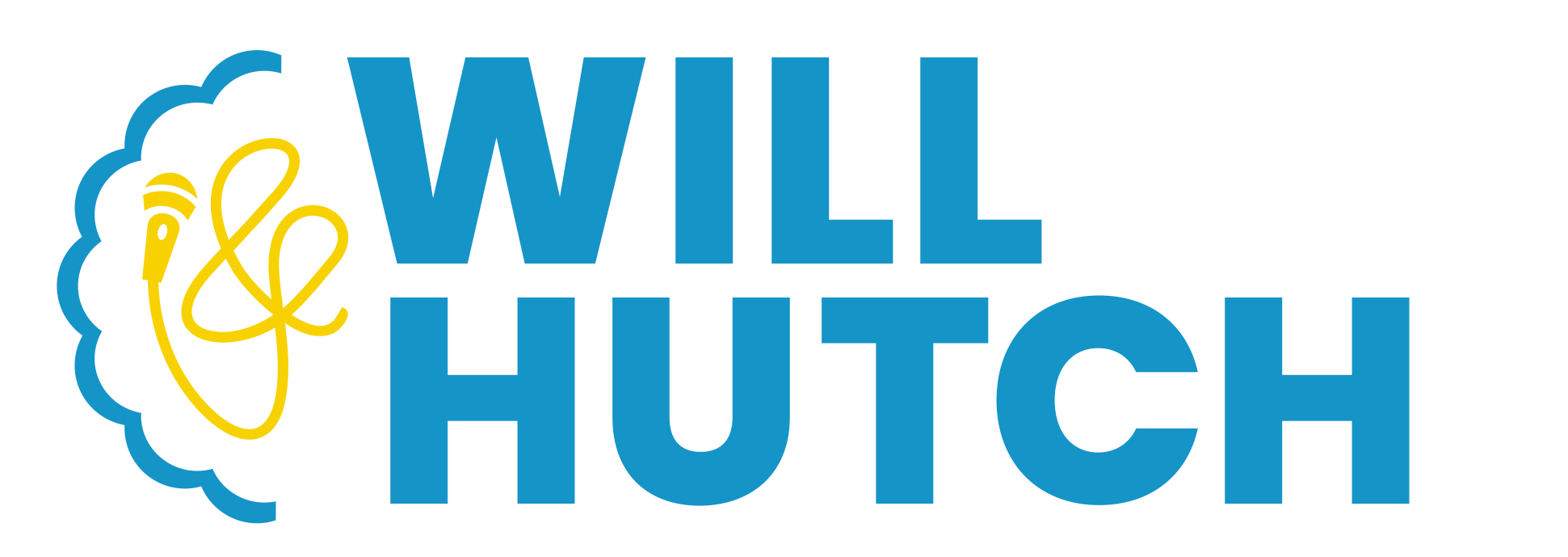As your teenagers and college-aged students progress through the phases of growth and education, ensuring their mental well-being is a top priority. Did you know that the foods they consume can play a pivotal role in enhancing their brain power and supporting their mental health? It’s true! We talk about this a lot in Chapter Four of Beyond the Spiral. Let’s dive into the explore some brain-boosting foods and find out how they can be a game-changer for your young minds.
The Connection Between Food and Mental Health
You might be surprised by the profound impact that a balanced diet can have on your child’s mental health. Nutrient-rich foods are essential fuel for the brain. They provide the vitamins, minerals, and antioxidants needed to promote healthy brain function, improve concentration, and even manage stress.
Omega-3 Fatty Acids: The Brain’s Best Friend
Omega-3 fatty acids are a powerful boost for the brain. These rich nutrients, found in fatty fish like salmon and walnuts, are essential for brain development and function. Omega-3s help build brain cell membranes, enhancing cognitive function and aiding memory. They also have anti-inflammatory properties that can positively influence mood.
Antioxidant-Rich Fruits and Veggies
Encourage your young adults to embrace a rainbow on their plates! Fruits and vegetables bursting with color are loaded with antioxidants that protect brain cells from damage caused by free radicals. Berries, spinach, and colorful bell peppers are all brain-loving options to boost your antioxidants.
The Whole Grain Advantage: Boosting Energy and Focus
All grains are not equal. Swap out refined grains for whole grains to give your student’s brain a sustained energy boost. Foods like whole grain oats, quinoa, and brown rice release glucose slowly, providing a steady stream of energy to fuel their mental endeavors. These brain-boosting foods contribute to improved concentration and focus throughout the day.
Protein Power: Building Blocks for Neurotransmitters
Protein-rich foods, such as lean meats, eggs, dairy, and legumes, provide the amino acids necessary for producing neurotransmitters like dopamine and serotonin. These neurotransmitters play a crucial role in mood regulation and overall mental well-being. A balanced intake of protein supports a stable mood and helps combat anxiety.
Don’t Forget Hydration: Water for Clarity
Water isn’t just for quenching thirst; it’s essential for maintaining cognitive function. Dehydration can lead to reduced concentration and cognitive performance. Encourage your teenagers and college students to keep a water bottle handy to sip throughout the day instead of carbonated or sugary drinks.
Spice Up Life: Brain-Boosting Herbs and Spices
You can spice up your culinary creations with brain-boosting herbs and spices. Turmeric, for instance, contains curcumin, which has anti-inflammatory and antioxidant properties that support brain health. Rosemary is believed to enhance memory and cognitive function. So, don’t be shy – add these flavorful enhancers to meals and watch your young minds flourish.
Moderation Matters: Sweets and Treats
Moderation is important. While indulging in sweets and treats is perfectly fine, too much sugar can lead to energy crashes and affect mood stability. Instead, choose healthier treats like dark chocolate, which contains antioxidants and can boost serotonin levels in the brain, promoting a sense of well-being.
Bringing It All Together: Crafting Brain-Boosting Meals
Creating brain-boosting meals can be a fun family adventure! Whip up a delicious breakfast with whole-grain oats topped with berries and a sprinkle of nuts. For lunch, a colorful salad with leafy greens, grilled salmon, and a variety of veggies will do wonders. Dinner could feature a lean protein source like chicken or beans, along with a medley of roasted vegetables.
Empowering Their Choices: The Journey to Lifelong Mental Wellness
As your teenagers and college students embark on their academic journeys, empower them to make mindful choices about the foods they eat. Encourage open conversations about the relationship between diet and mental health. By arming them with knowledge about brain-boosting foods, you’re providing them with valuable tools for maintaining lifelong mental wellness.
As you guide your young adults toward a future full of promise, remember that their food choices can be an ally in their pursuit of academic excellence and emotional well-being. The path to success and happiness is paved with colorful fruits, lean proteins, nourishing grains, and a sprinkle of culinary creativity. If you’d like to learn more about having Will speak at your school, church or conference, click here. Bon appetite!
